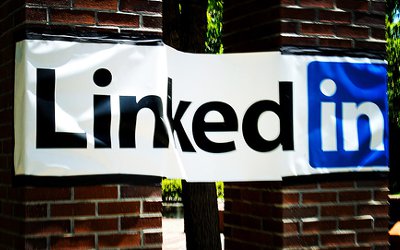
LinkedIn has said that the potential for the service to be blocked in China has been added as a new risk to investors ahead of its IPO, according to Business Week.
The company filed a new prospectus on Mar. 11 which states, “The government of the People’s Republic of China recently blocked access to our site in China for a short period of time. we cannot assure you that the Chinese government will not block access to one or more of our features and products or our entire site in China for a longer period of time or permanently.”
The professional networking service was blocked in China on Feb. 24 after users took to LinkedIn to call for protests in the wake of uprisings in the Middle East. The ban was lifted more than 24 hours later. LinkedIn has had no contact with Chinese authorities over the outage, said company spokesman Hani Durzy.
China, which is the largest Internet market in the world with 457 million Web users, keeps a tight control over how its citizens access online services. Pornography, gambling and content which criticizes the Communist Party are all banned, as are Facebook, Twitter and YouTube. perhaps the only way to ensure that LinkedIn remains available in China would be to carefully vet all content added to the service by users.
LinkedIn is seeking an initial public offering in order to raise up to $175 milllion. it has hired Morgan Stanley, Bank of America Corp. and JPMorgan Chase & co. to take the lead in the sale. According to the filing with the Securities and Exchange Commission, LinkedIn more than doubled sales to $243 million in 2010, up from $120 million in 2009. it had net income of $15.4 million compared with a loss of $4 million in the previous period. it has more than 90 million users and 27 percent of sales were from outside the U.S. in 2010, but the filing did not detail the number of users in China.
Bill Bishop, a Beijing-based media consultant says that while LinkedIn would not be affected in the short-term by being blocked in China, investors may have concerns over the issue in future. “It’s never good to be blocked from the largest market in the world,” Bishop said. “Investors may start taking some of the boilerplate about regulatory risk as more than just boilerplate.”